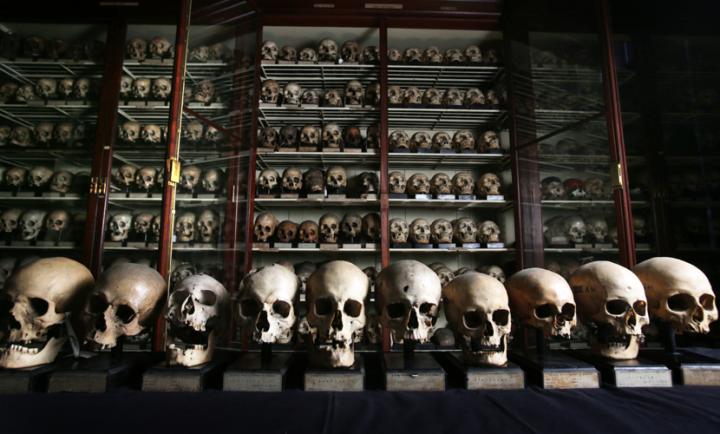Edinburgh's Skull Collection Reveals Origin of Canary Island's Aboriginal People
Aboriginal people who lived on the Canary Islands before European colonisation originated from North Africa, a DNA study has found.

The findings shed new light on the history of this unique group, known as the Guanches. Experts analysed genetic material extracted from a collection of ancient Guanche skulls from the University of Edinburgh’s Anatomical Museum.
When and how the Guanches came to the Canary Islands is poorly understood, not least since they lacked the boats and expertise needed to navigate the surrounding seas. When Europeans colonised the islands in the 15th century, they discovered a culture that resembled Late Stone Age (Neolithic) cultures in Europe. This has led to a great deal of speculation about the origins of the Guanches, but no conclusive answer had, until now, been found. Researchers, led by Stockholm University and Liverpool John Moores University, found that the Guanches are most closely related to modern North Africans of Berber ancestry.
Professor Tom Gillingwater said: Our study gives us a fascinating insight into this unique population and we’re delighted to see our collections being used to make such an important contribution to research. It is thanks to our excellent curatorial team that we are able to give researchers from around the world access to our historic archives. We hope this will be the first of many exciting discoveries to come from the collections in our care
The paper was published in Current Biology and is free to download.
Related Links
Photo credit: David Cheskin

